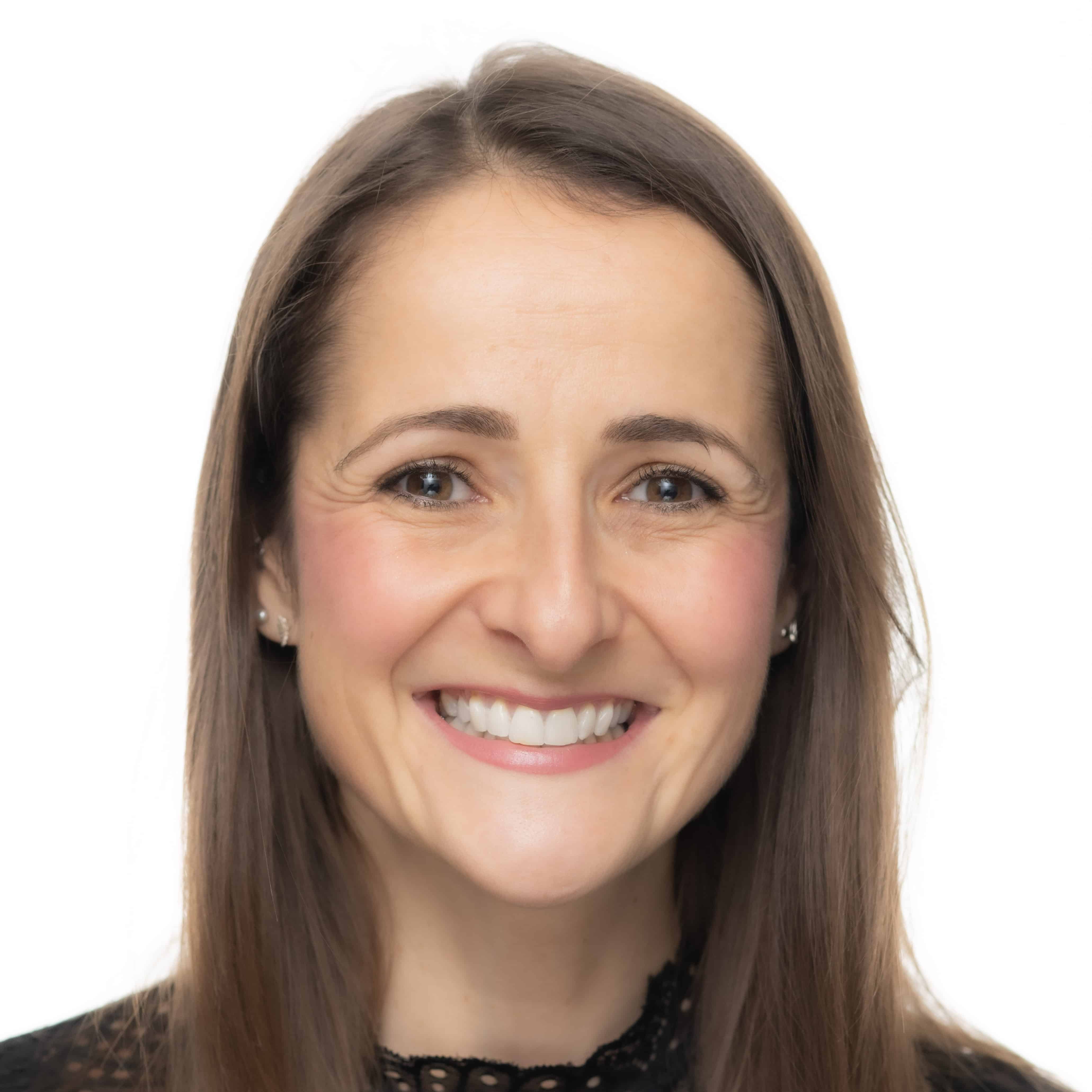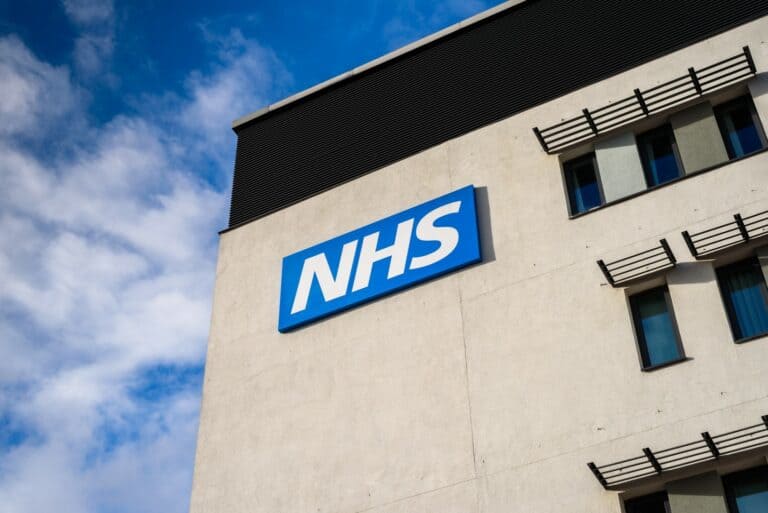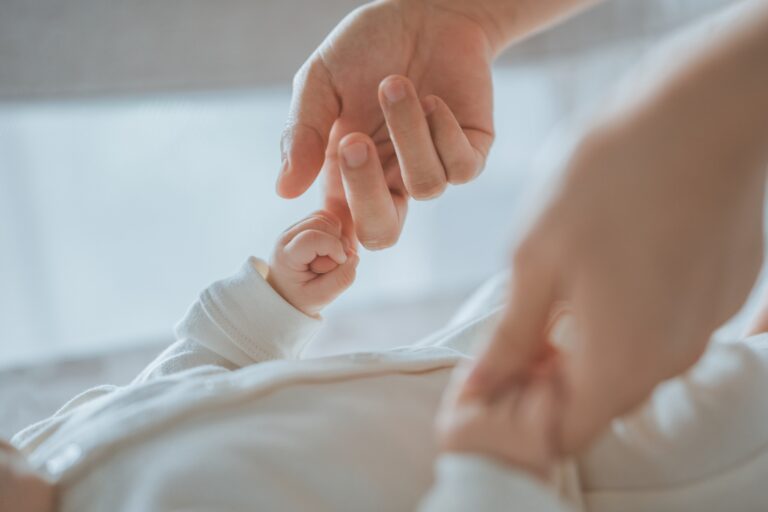Educational support following Acquired Brain Injury
Introduction
Acquired brain injury affects every child differently. Quite often, acquired brain injury in children can result in the child having special educational needs, which can present a barrier to a child getting the most from their education. In a recent blog my colleague and partner of our Child Brain Injury Team, Caroline Klage, discusses how Autism Spectrum Disorder arising from a brain injury in particular can cause a child many difficulties within their learning environment.
Therefore, it is vital that a structure is put in place within the child’s educational setting to ensure the effects of the injury do not limit their ability to access the curriculum or hinder them from realizing their full potential in adult life. It is imperative, therefore, that children with acquired brain injuries are provided with an Education and Healthcare Plan (EHCP).
What is an EHC Plan?
An EHCP is the document which now replaces Statements of Special Educational Needs and Learning Difficulties Assessments for children and young adults.
EHCP identifies the educational, health and social needs of the child and details what kind of support needs to be provided to meet those needs. [1]
How can I obtain an EHCP for my child with acquired brain injury?
As part of my role as a child brain injury solicitor, I have successfully obtained EHCPs for numerous clients. A letter must first be drafted to the Local Authority requesting an assessment (in accordance with s.36 of the Children and Families Act 2014). The letter should contain a detailed description of the child’s injuries, symptoms and difficulties in accessing the curriculum as a result of the brain injury. Any relevant, supportive documentation should be attached, for example, any therapy reports or school reports.
Once the Local Authority has received the letter, they then have six weeks to decide whether or not to carry out an EHC Assessment. If the Local Authority agree to conduct an assessment, they carry out a fact finding mission whereby the applicant may be asked for further information or evidence of the child’s needs. They may also contact the child’s school for information and records as well as any healthcare provider, for example, the local CAMHS service. It is not uncommon for the Local Authority to take up to 16 weeks at the assessment stage to provide a confirmed decision as to whether the child will be eligible to receive an EHCP.
If the Local Authority refuse to issue an EHCP, the applicant/young person must be informed of the reasons. They then have the right to appeal to the Special Educational Needs and Disability Tribunal.
If the Local Authority agree to issue an EHCP, they must then send a draft EHCP for the applicant/young person to consider. The applicant/young person will be given the opportunity to comment on the draft plan and will be asked to identify the type of school they would like to attend i.e. mainstream or special needs school and the Local Authority will liaise with the school about the provisions they would be able to provide, should the child attend. The EHCP will also identify any health or social care provisions the child needs.
The Local Authority will then finalise the EHCP and by doing this, they create a legal duty to ensure the educational/health/social care provision is provided.
What kind of support can I ask for in the EHCP?
Due to the variable nature of child brain injuries, every child’s needs are going to be different. The EHCP is designed to be flexible in terms of the kind of support that can be requested for a child with special educational needs following a brain injury. Below are some examples of the types of support that can be requested:
- Making reasonable adjustments for a disabled child e.g. installing ramps, disabled bathrooms
- Special learning programme
- Additional classroom assistance from a teacher/support worker
- Working in smaller groups
- Buddy/tutor support
- Physical or personal care assistance
- Therapeutic input
As part of the litigation process on behalf of children with acquired brain injuries, our child brain injury solicitors at Bolt Burdon Kemp provide advice to parents to ensure the best possible outcome for the child. This includes advice about the kind of support that can be accessed to ensure the barriers to leading a fulfilling life, are minimized. We have had 100% success in relation to the applications for an EHCP that we have made on behalf of our child brain injury clients. We provide this service as part of the claim for compensation. One of our client’s, who I shall call Connor, was able to benefit tremendously from having an EHCP in place.
Case Study
Connor was 11 years old when he was hit by car as he was crossing the road. Connor sustained a brain injury which dramatically affected his personality. Before the accident, Connor was well behaved and doing well at school. After the accident, Connor’s academic ability was severely affected and he started getting into trouble at school. Unfortunately the schools that Connor attended failed to acknowledge that the difficulties that he was experiencing with his learning and behaviour were as a result of his brain injury, therefore, they failed to provide him with any additional support. Instead they simply punished him and eventually excluded him, and this happened in several schools. Connor’s education suffered as a result of the exclusions from school, and he fell behind his peers.
We obtained medical evidence which confirmed that the problems that Connor was experiencing were related to the brain injury suffered in the accident.
We successfully applied for an EHCP which has resulted in Connor receiving a place at a special school for boys with behavioural and emotional problems. There is an emphasis on practical skills such as construction for which Connor has shown an interest. Connor will now get the support that he needs to complete his education, ensuring that he has the best possible chance of obtaining employment once he leaves education.
We continue to work with Connor and look forward to seeing his progress continue at his new school.
Whilst initially, the focus after an acquired brain injury is on medical treatment and rehabilitation, it is imperative to look at the long term effects of injury, especially in terms of ensuring a child is not limited in what they are able to achieve. At Bolt Burdon Kemp, our specialized Child Brain Injury Team recognize that every child’s injury will affect them differently and we can offer specialist special educational needs advice to ensure your child’s educational needs are met to overcome the adverse effects of their brain injury.
[1] https://www.gov.uk/children-with-special-educational-needs/extra-SEN-help










